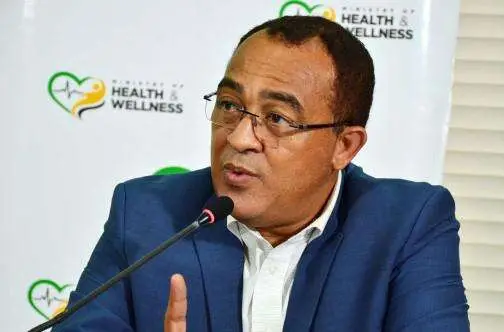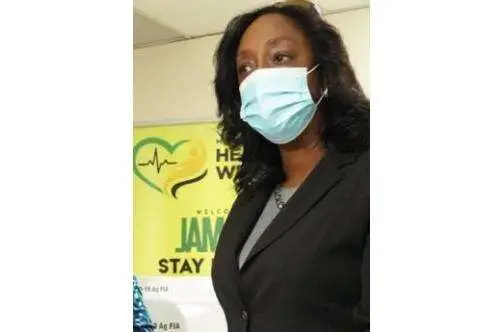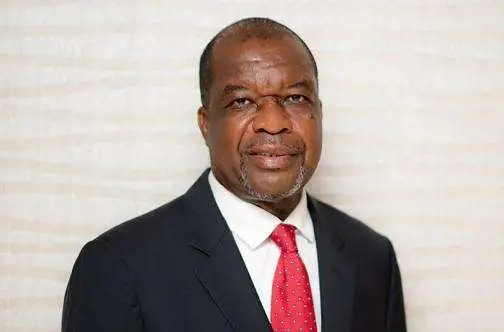
$2-b COVID test bill
THE estimated $1.2 billion to $2.7 billion raked in between January and May this year by 12 laboratories for testing visitors for the novel coronavirus has shaken the hotel sector and raised queries as to what is behind the exorbitant costs.
As Jamaica cautiously reopened the sector after a brutal and costly lockdown, some 359,557 stopover guests arrived in the island over the first five months of the year. All have to be tested — at between US$22 and US$50 per person — before returning to their home countries.
“We had decided that to give Jamaica the competitive edge over other destinations we would absorb the cost of the test for each guest,” said Clifton Reader, president of the all-encompassing Jamaica Hotel and Tourist Association (JHTA).
“But, at a time when the industry is saddled with the tremendous cost of instituting the protocols that allowed us to reopen, and the losses we suffered from the months of lockdown, the high cost of the tests is an additional burden. We are taking a hammering,” complained Reader.
One resort chain said it had paid up to US$1.5 million or $225 million in a single month. The cost could have been higher, because the type of test mostly used is the antigen, which is done, usually, at US$50 a pop, compared with the polymerase chain reaction (PCR) test, which costs US$150 and is required by the Canadians.
Because the hotels have high volumes of tests, they are able to negotiate in bulk and get lower prices, which explains the US$22 figure, Reader explained. But that is to be compared with US$3 which is paid at many other destinations.
“We can choose to have the guest pay for the test, but the consequence is that a family of four or five will quickly do the math and decide Jamaica is too expensive. There is not a whole lot of sense in making our destination uncompetitive,” Reader insisted.
But the disquiet among the hoteliers has led to whispered allegations that high government officials had interest in some testing facilities and were working to keep testing among a few laboratories in order to hold competition down and push prices up.
The 12 laboratories, some with multiple sites, are based in Kingston, Mandeville, and Montego Bay. The list comprises MicroLabs, Biomedical/Caledonia, Winchester Surgical & Medical Institute, Bay West Hospital, Hospiten Montego Bay, Andrews Hospital, Technological Solutions, CARIGEN, MD LINK, Aids Health Foundation (AHF), Central Medical Laboratory, and Fleet Diagnostic Laboratory.
When asked, Reader could not comment on the allegation, but Health and Wellness Minister Dr Christopher Tufton said tersely: “I have no interest in any testing company. I know of no other government minister who does.”
Head of the Ministry of Health’s National Laboratory Services (NLS), Dr Michelle Hamilton, said all laboratories approved by the ministry through the NLS had met its criteria “which is a requirement of our quality management system guided by the ISO 15189, Section 4.5 Examination by Referral Laboratories”.
Asked why testing was not more readily available across the island, Hamilton replied that availability was dependent upon the number of laboratories which were able to attain the standard required for approval of testing.
In respect of questions about any mechanisms in place for setting prices for tests and to protect consumers from overpricing, she admitted that “the ministry does not monitor this issue”. Neither was she aware of the hammering being taken by the hotel sector from high prices being charged for testing.
























